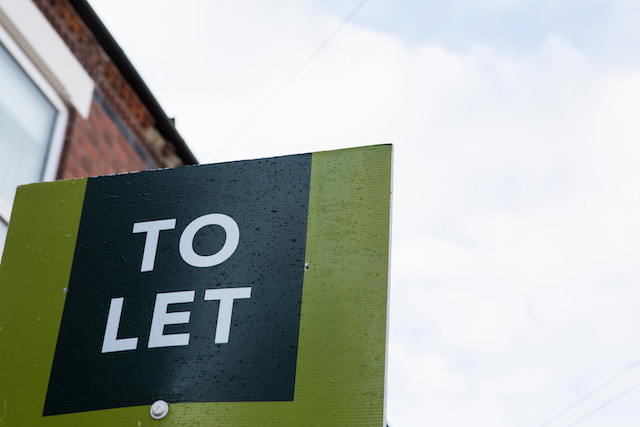Bill 7642 is based on three pillars: to reduce the maximum amount of rental guarantee from three to two months’ rent equivalent, share the burden of the agency commission fee between owner and tenant, and reclassify a fixed-term lease contract into an open-ended contract in case of extension.
The chamber of commerce wrote in a statement issued on Tuesday that it feared the proposed measures would have “an opposite effect to that sought by the authors of the text […] in a real estate market where the supply of housing cannot keep up with the increase in demand, these provisions aiming at facilitating access to rental housing risk in the end feeding the upward spiral of real estate prices.”
It calls for further action on combating the short supply of housing and suggests a longer transition period before the new provisions enter into force to allow landlords, real estate agents and tenants time “to familiarise themselves with these new provisions, to train their personnel if necessary and to adapt their practice and their models of contracts to the new requirements.”
Residential rents on flats rose on average 6% while those on houses jumped 2% from 2019 to 2020, a report issued by housing platform Athome found. Nationally, a person taking out a new lease could expect to pay on average €1,616 per month for a flat, or €2,963 to rent a house.
With rents rising out of step with salaries, Luxembourg’s housing observatory found in 2018 that of the lowest 20% of earners, six out of ten households were spending more than 40% of their income on rent. Mieterschutz, a tenants’ rights association, warned in 2020 that today middle-income households are being priced out forcing people to live in overcrowded accommodation.
